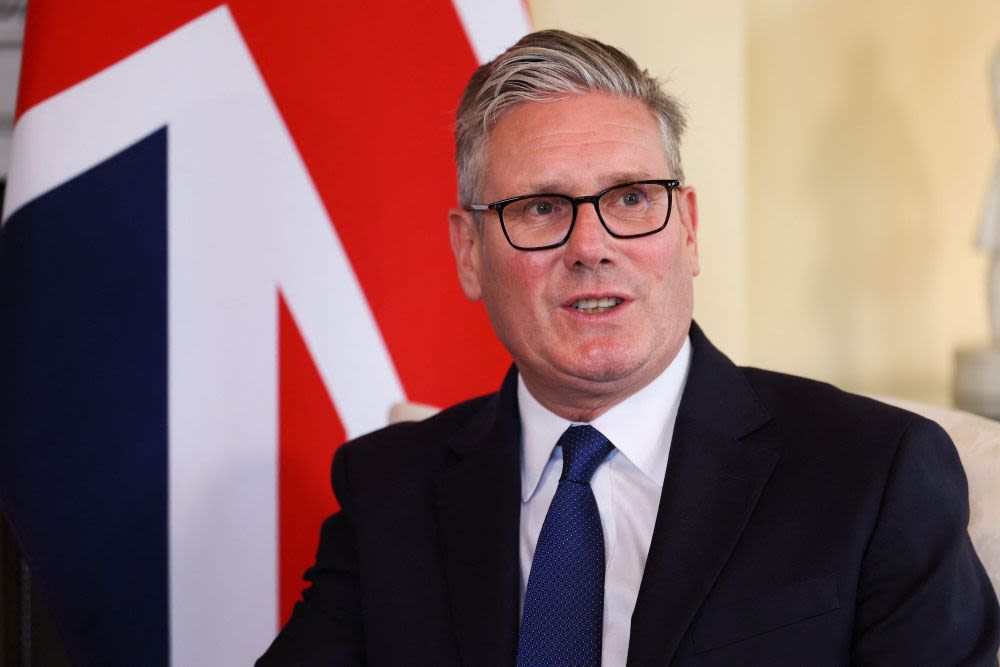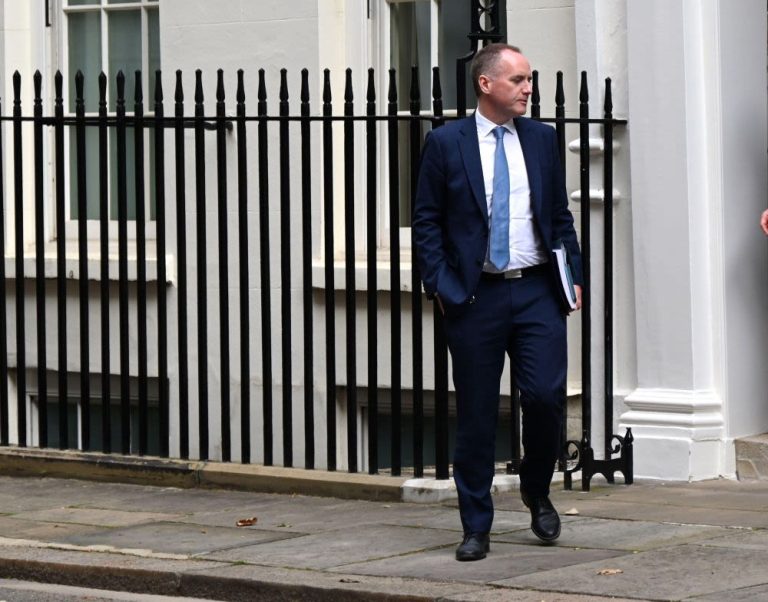
Angela Rayner’s Exit Sparks a Cabinet Overhaul
In a dramatic turn of events this Friday, Deputy Prime Minister and Housing Secretary Angela Rayner resigned after an ethics adviser found she had breached the ministerial code by underpaying stamp duty on her seaside flat. Within hours of Rayner’s departure, Prime Minister Keir Starmer announced a major reshuffle, moving longstanding ministers into new roles and promoting fresh faces to key positions. The move underscores Starmer’s determination to maintain public trust and project a united front as Labour enters its second year in power.
Top-Level Appointments and Portfolios Reassigned
Starmer’s new team reflects both experience and continuity. The marquee appointments include:
- David Lammy becomes both Deputy Prime Minister and Secretary of State for Justice, succeeding Rayner and inheriting one of the government’s most high-profile briefs.
- Yvette Cooper shifts from Work and Pensions to Foreign, Commonwealth and Development Affairs, taking over Dame David Lammy’s former portfolio.
- Shabana Mahmood steps into the Home Office as the new Home Secretary, replacing Cooper’s previous role.
- Steve Reed moves from Environment to Housing, Communities and Local Government, filling Rayner’s housing brief.
Further changes include Darren Jones combining his existing role as Chief Secretary to the Treasury with Chancellor of the Duchy of Lancaster, and Pat McFadden shifting to head the expanded Department for Work and Pensions. Junior ministers Emma Reynolds and Peter Kyle also gained fresh responsibilities, ensuring that the reshuffle touches virtually every corner of Whitehall.
Balancing Fresh Faces and Trusted Hands
Despite early speculation that Starmer would promote a wave of junior talent, only two lesser-known ministers were elevated to Cabinet rank. Instead, the bulk of changes involved lateral moves among existing senior figures. Rachel Reeves remains Chancellor, while Wes Streeting continues as Health Secretary. Culture Secretary Lisa Nandy and Education Secretary Bridget Phillipson retain their posts, reinforcing stability in key social portfolios. The reshuffle thus strikes a delicate balance between rewarding loyalty, preserving continuity, and introducing new energy where needed.
Political Calculations Behind the Shakeup
The timing of this overhaul reflects multiple strategic aims. First, Starmer seeks to contain reputational damage from Rayner’s high-profile exit. By swiftly installing Lammy—a seasoned campaigner and popular voice within the party—Starmer signals unity and decisiveness. Second, the reshuffle repositions Labour to face growing opposition from Reform UK. With Nigel Farage’s party poised to make electoral gains, a refreshed leadership line-up aims to shore up public confidence on law and order, social care, and the economy. Finally, global events and economic headwinds demand experienced hands in portfolios like Foreign Affairs and Justice, hence Cooper’s and Lammy’s high-stakes assignments.
Reactions from Parliament and the Public
Initial responses have been mixed. Some Labour MPs praised the inclusion of Lammy and Cooper’s return to the Foreign Office as “well-deserved” and “vital for Britain’s global standing.” However, critics argue the reshuffle was overly cautious, with too few “new blood” appointments to truly signal change. Opposition leaders wasted no time in seizing on the controversy, accusing Starmer of merely shuffling chairs rather than tackling policy failures. Meanwhile, voter sentiment will be closely monitored in upcoming opinion polls to gauge whether the new Cabinet can reinvigorate Labour’s standing ahead of local elections next spring.
What Lies Ahead for Starmer’s Government
With the new team in place, attention now turns to delivering on key manifesto promises. Lammy must steer the Justice Department through prison reform and sentencing reviews, while Cooper faces diplomatic challenges from the Middle East to China. Mahmood will oversee policing and immigration, two hotspots for public concern. Reed inherits a housing crisis marked by high rents and a stalling of new builds. Above all, Starmer will demand swift performance from his ministers to show voters that Labour remains capable of effective governance.
This strategic reshuffle marks a critical moment as Labour seeks to consolidate its power. By combining proven talent with a few carefully chosen promotions, Keir Starmer has reset his Cabinet for the challenges ahead—and set the tone for a high-stakes autumn session in Westminster.





